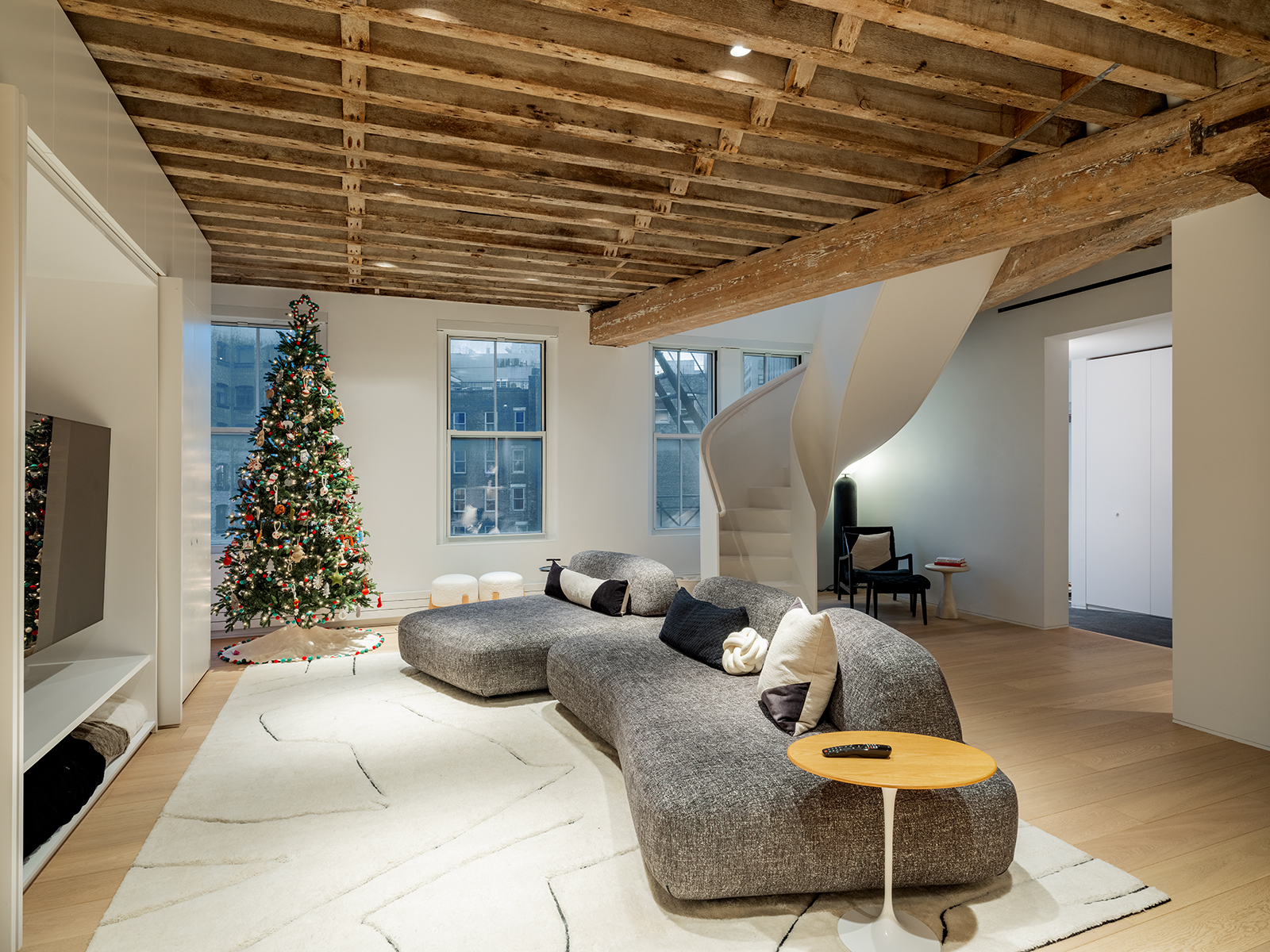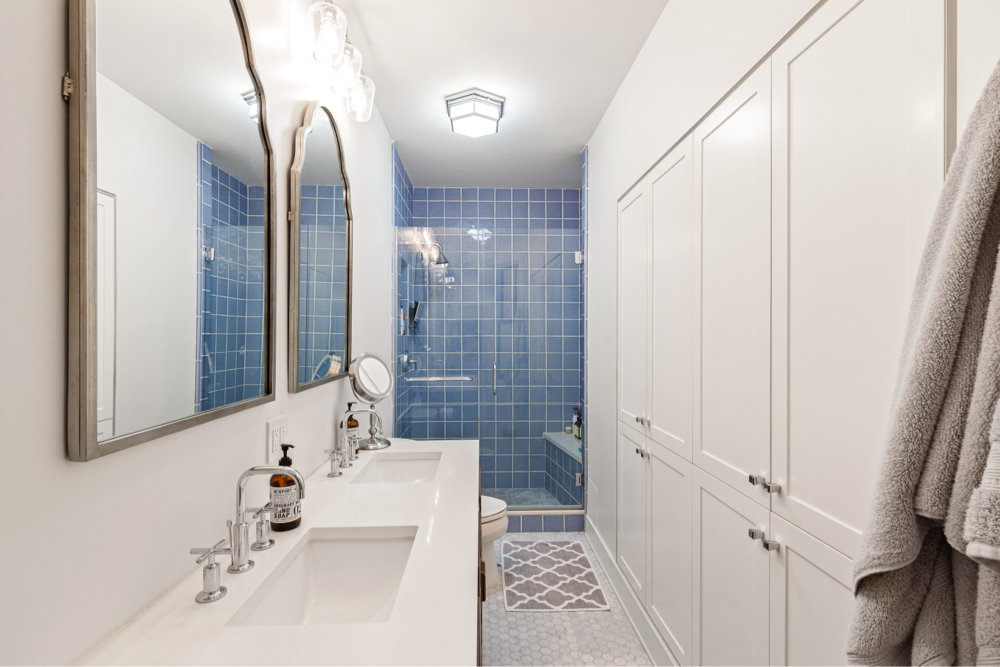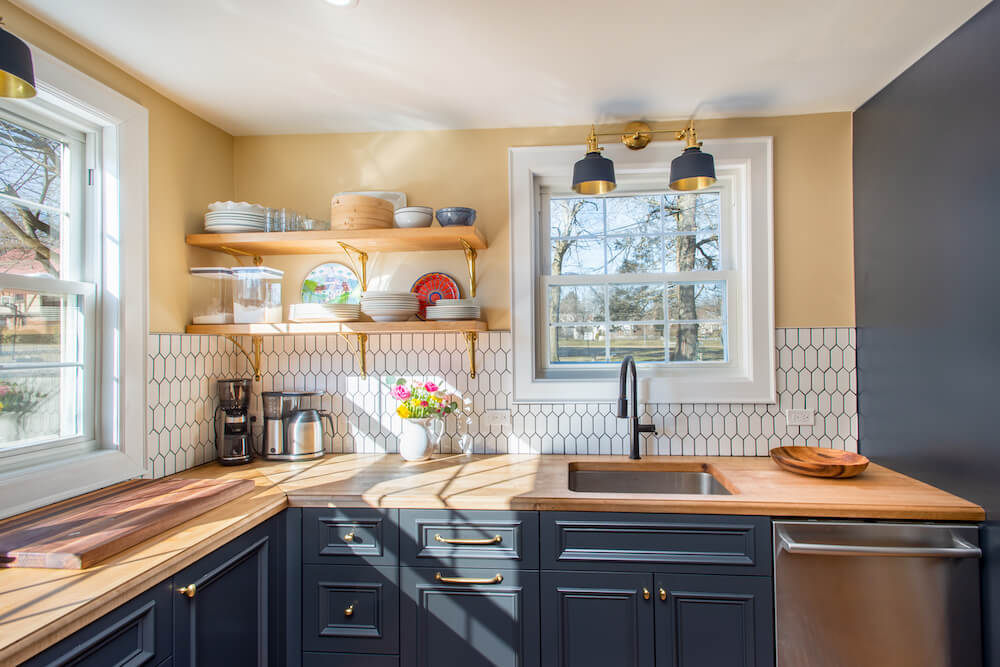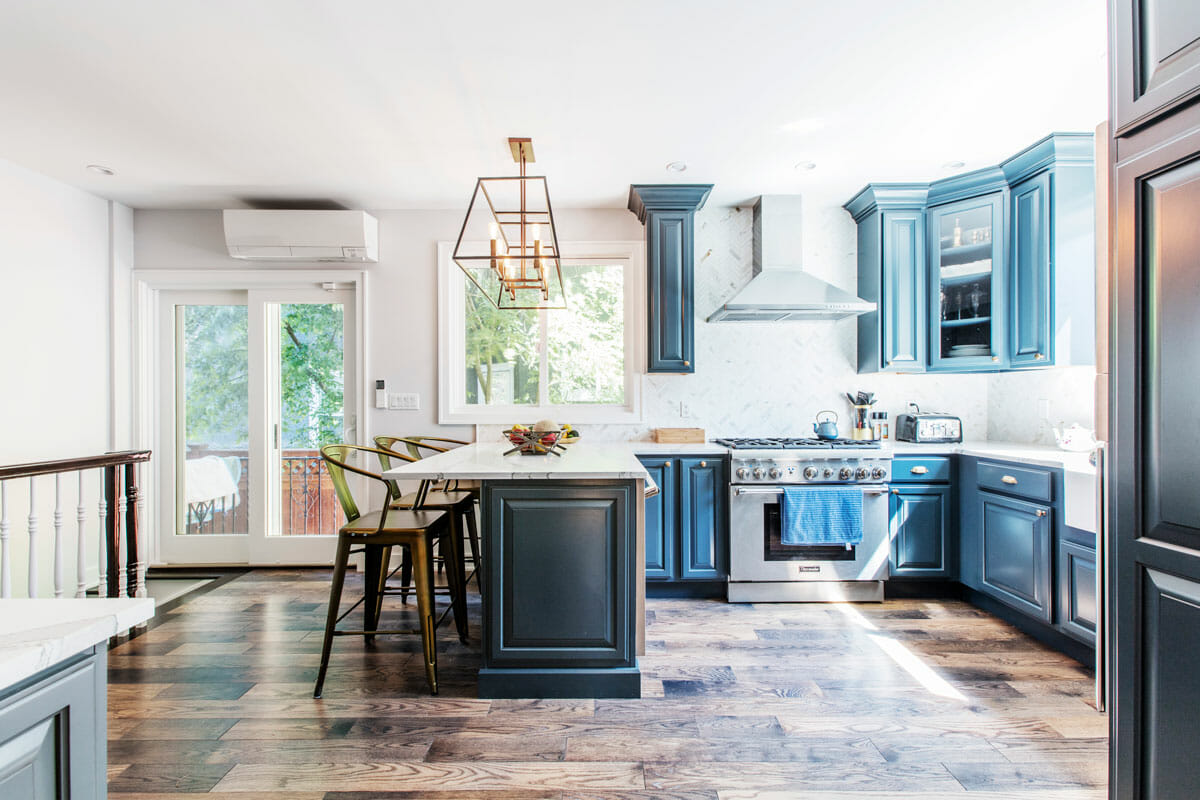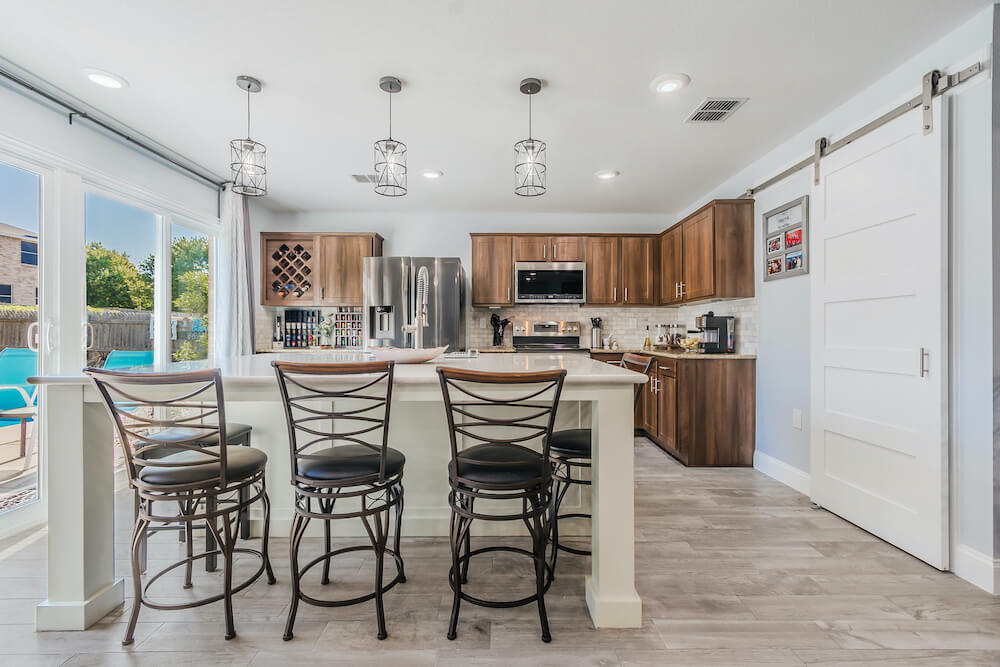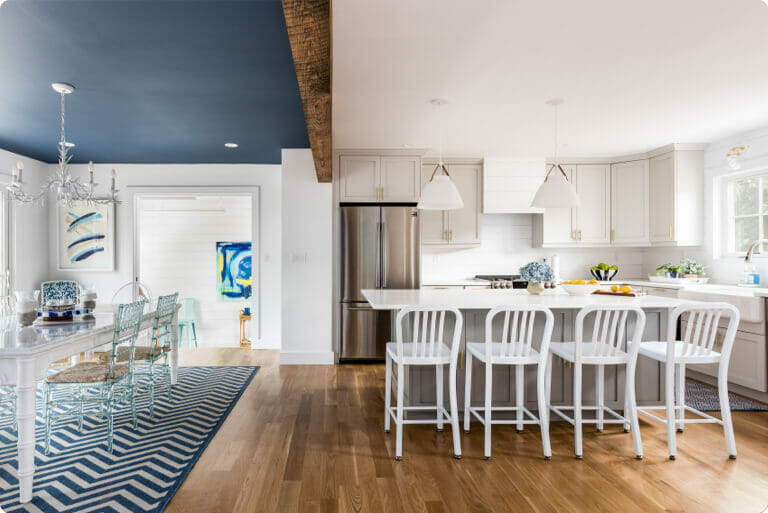Hidden Home Renovation Costs in Atlanta
Tired of sticker shock when your Atlanta dream home renovation turns into a budget nightmare? Lurking beneath the surface of charming brick exteriors and airy floor plans can be hidden costs that derail your project faster than a Georgia afternoon thunderstorm. Fear not, future homeowner hero! This guide will equip you with the knowledge to uncover those sneaky expenses, navigate them like a pro, and turn your Atlanta renovation into a budget-triumphant masterpiece. From asbestos surprises to outdated electrical woes, we’ll shed light on the hidden costs that could throw your renovation off track and show you how to plan for a smooth (and wallet-friendly) journey.
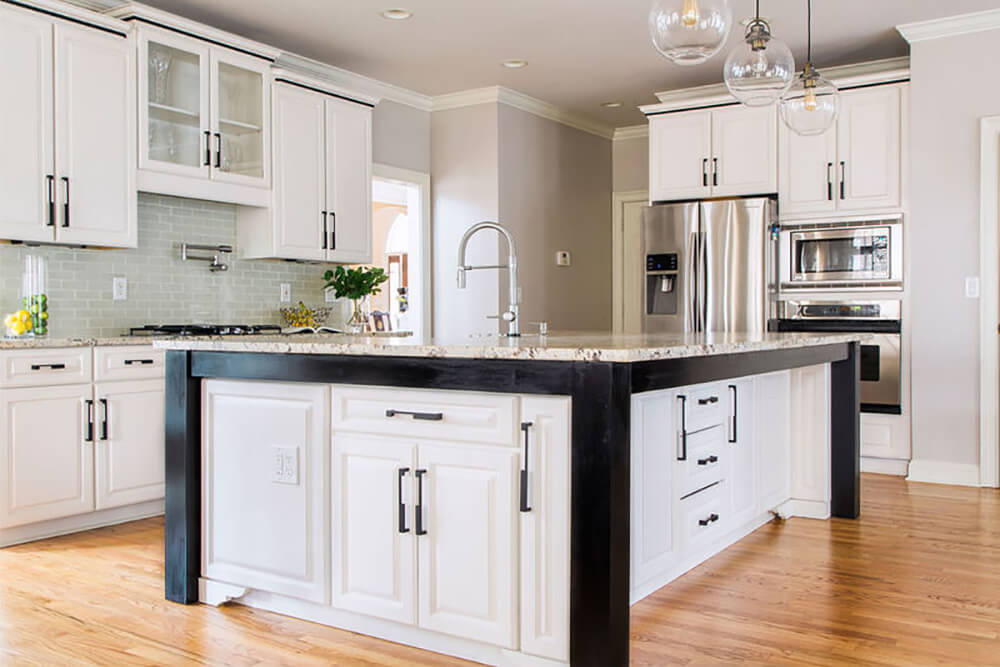
In a renovation journey that often starts with Pinterest boards for inspiration, the process to get to your dream space is exciting. It’s not without its twists and turns with something unexpected (the good and the bad). With safety and function in mind, this is the right time to make your home the way you want it. It’s good planning to have an idea of where hidden renovation costs may come up – from outdated wiring to soil stability.
These unseen bumps can increase the cost of your project and the time it takes to finish. Preparation can help with the hurdles. Atlanta general contractors from Sweeten, a free renovation platform that matches homeowners with licensed general contractors and tracks their projects, tell us what hidden renovation costs in Atlanta to watch for.
Hidden renovation cost: Upgrading electrical and plumbing
There was a time for all cities where building renovations and new construction went unregulated. That meant no permits, no code of ethics, no insurance and no need to follow building codes. “People would hire someone solely based on price,” explains Sweeten contractor Kimberly on how Atlanta construction once worked. A licensed contractor could do a job at a certain cost, “but an uncle’s friend can do it for $30.”
Atlanta didn’t really button this all up tightly until about two decades ago. “Before that, there wasn’t much to hold a contractor’s feet to the fire,” Kimberly said. That means plenty of surprises when walls, floors, and ceilings of older homes open up.
A project Kimberly had worked on in an upscale neighborhood had live wires in the ceiling that connected to nothing. “It literally could have set the house on fire,” she said.
These unforeseen problems can add to the cost of the project as well as the timeline. In another project, Kimberly’s client wanted an open plan living room and kitchen. Walls were removed. Once the demo started, the team discovered a drain stack inside one of the walls. The plumbing rerouted to add a week to the project’s timeline and about $4,000 to the cost. But these electrical and plumbing updates “will last forever until the next remodel,” she said. “Each update has to follow the most current code at that time.”
Hidden renovation cost: Abating lead and asbestos
It’s safe to assume that any home built before 1978 in Atlanta will have lead paint and asbestos. That’s unless the poisonous materials were removed at some stage. The US banned lead paint in 1978. It wasn’t until the late 1980s that building materials could no longer contain asbestos. The material is now federally regulated in Atlanta.
Before beginning a project on an older home, Sweeten contractor Dexter, who is based in Atlanta, always tests for both of these substances. Handheld x-ray devices detect lead paint even if it is buried under layers of safe paint. Lead dust can also show up in swab tests that take a few days to process. Sweeten brings homeowners an exceptional renovation experience by personally matching trusted general contractors to your project, while offering expert guidance and support—at no cost to you. Renovate expertly with Sweeten
Asbestos can be found in paint, flooring, pipes, insulation, fireproof materials, and wiring. It can show up in dust samples. To isolate where the asbestos is located, samples of the materials previously mentioned are sent to a lab. Contractors need a specific license to test for either lead or asbestos. Some contractors, like Dexter, are licensed to do a small amount of lead testing.
What if lead or asbestos is found in your home? Either just the area you are disturbing (if it’s a smaller project) or your entire home will need to be abated. A licensed company should do the abatement. “I’ve seen homes abated and it took two to three weeks,” said Dexter. This can increase your costs by a few thousand dollars.
“There is also an option to leave the asbestos where it’s found and left undisturbed,” he said. Despite the time delay and extra costs, “clients have a peace of mind knowing this has been abated properly,” said Dexter.
Hidden renovation cost: Soil conditions in Atlanta
Hidden renovation costs start to show themselves when your project messes with Atlanta’s waterways, ridges, soils, and rock beds. Setting foundations in soil too soft can mean big issues later on as your deck or extension settles and shifts.
In order to complete an outdoor deck for a client, Kimberly drilled down triple the distance that was in the initial plan. At six feet, “the soil was gray indicating there was water there,” she said. The crew drilled down to 18 feet before they found soil suitable for the deck’s foundation. “It was an additional $12,000,” she said.
If you have the space, consider that building an outdoor deck increases your living square footage. A typical wood deck addition will return 63% of your investment, and a 73% return on investment for composite material, according to Remodeling’s Cost vs Value 2020 report.
Hidden renovation cost: Tree removal permits in Atlanta
In the City of Atlanta, removal of any tree with a trunk larger than 6” in diameter for hardwoods and 12” in diameter for pine requires approval. An arborist from the city will inspect the tree and then issue a permit if it passes. It is tightly regulated to minimize the loss of a mature tree canopy. “Atlanta was a forest before it was a city,” said Sweeten expert Kimberly. “They are trying to keep clean air quality.”
If trees need to be removed, a well-thought-out site plan should show the trees and house and how its presence affects the future design. An explanation for why it needs to be removed is helpful. “There are a variety of permits issued by the City of Atlanta for tree removal,” said Kimberly, including it’s dead, diseased, or in a hazardous location.
The fee to remove a tree starts at $130. This money goes into the city’s Tree Trust Fund, which plants new trees and maintains existing ones. If your application to remove a tree for a renovation is denied, the plans will need to be modified. She suggests to apply for the tree removal permit first, otherwise your contractor will apply for it along with the building permit.
Hidden renovation cost: Permits in Atlanta
Atlanta is ranked 8th in the United States for its growth rate amongst other large cities. That means a lot of new construction and renovations on existing homes as new owners move in. With so many permit applications for the Atlanta buildings department to process, the approvals can be unpredictable coming in as little as one day or 30 days for the same permit, according to Kimberly.
“It puts a damper on the timeline for homeowner and contractor,” she said. Having a design-build firm, general contractor, or an architect come early on in the process helps ensure complete documentation is ready for the permit application process.
Whatever complexities lay ahead in a renovation, understanding and preparing for hidden renovation costs common to Atlanta is a good starting point. Luckily, Sweeten can help you find the right vetted general contractor in Atlanta! You’ll be one step closer to your dream home. Enjoy the journey.
Unveiling the hidden costs of Atlanta home renovation is essential for a successful and stress-free project. By anticipating potential surprises, you can allocate funds accordingly and avoid unexpected budget blowouts. Here are some key tips to keep in mind:
- Conduct thorough inspections: Before starting your renovation, have a professional inspector assess the property for hidden issues like mold, asbestos, or structural problems.
- Research local regulations: Familiarize yourself with Atlanta’s building codes, zoning laws, and permitting requirements to avoid unexpected delays and costs.
- Obtain multiple quotes: Get estimates from several contractors to compare pricing and services. Be wary of excessively low bids that may not include all necessary costs.
- Factor in unexpected expenses: Create a contingency budget to cover potential surprises, such as changes in material costs, labor shortages, or unforeseen repairs.
- Communicate with your contractor: Maintain open communication with your contractor throughout the project to address any concerns or changes promptly.
- Consider a general contractor: Hiring a general contractor can streamline the process and help manage subcontractors and costs.
By following these tips and being prepared for potential hidden costs, you can navigate your Atlanta home renovation with confidence and achieve your dream living space. Remember, knowledge is power, and understanding the potential pitfalls can help you make informed decisions and avoid costly surprises.
Sweeten founder and CEO weighs in on what to know before renovating a brownstone.
We can help plan your renovation
Find endless home renovation inspiration, detailed guides, and practical cost breakdowns from our blogs. You can also post your project on Sweeten today and get matched with our vetted general contractors and get estimates for free!
